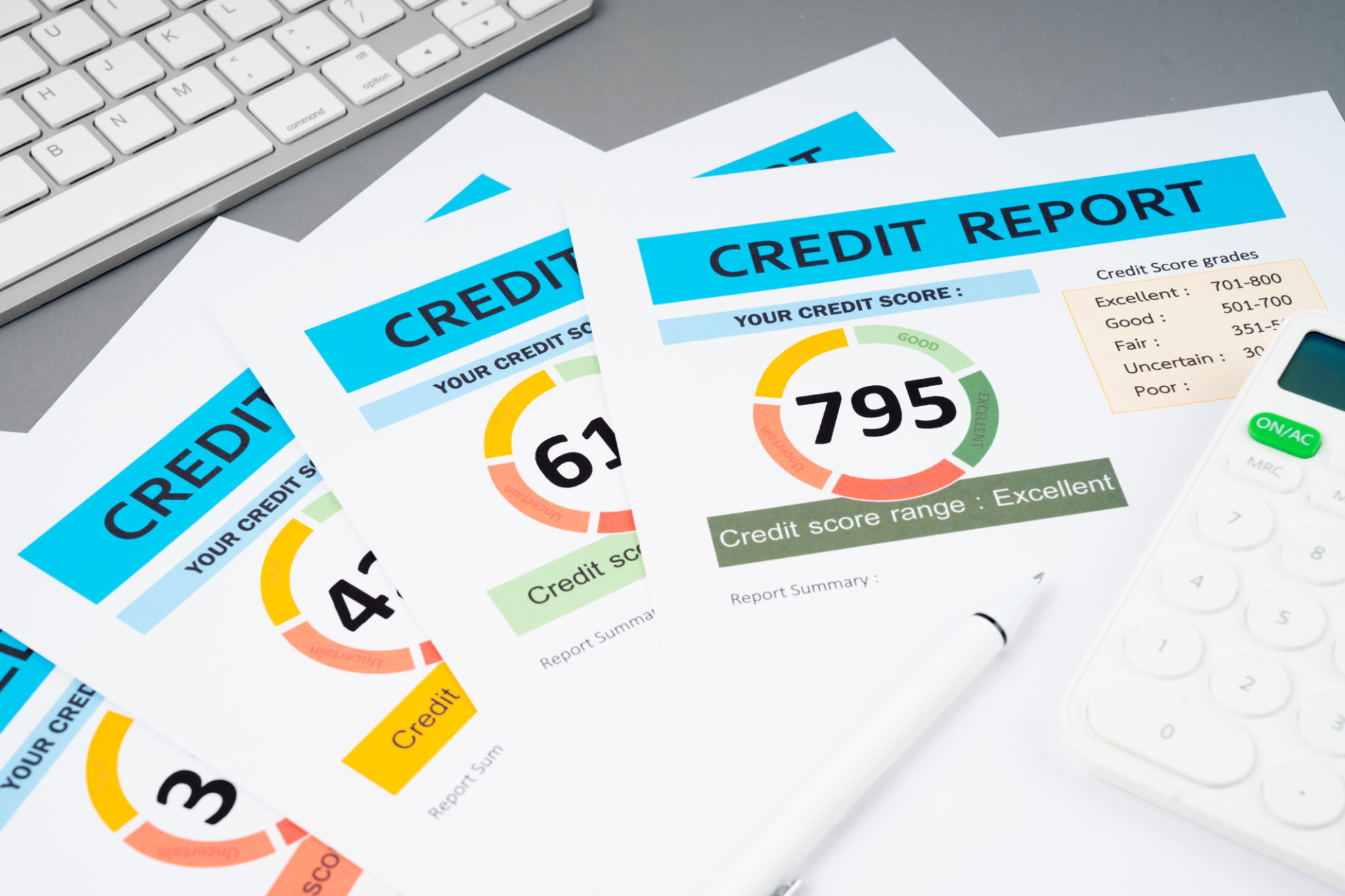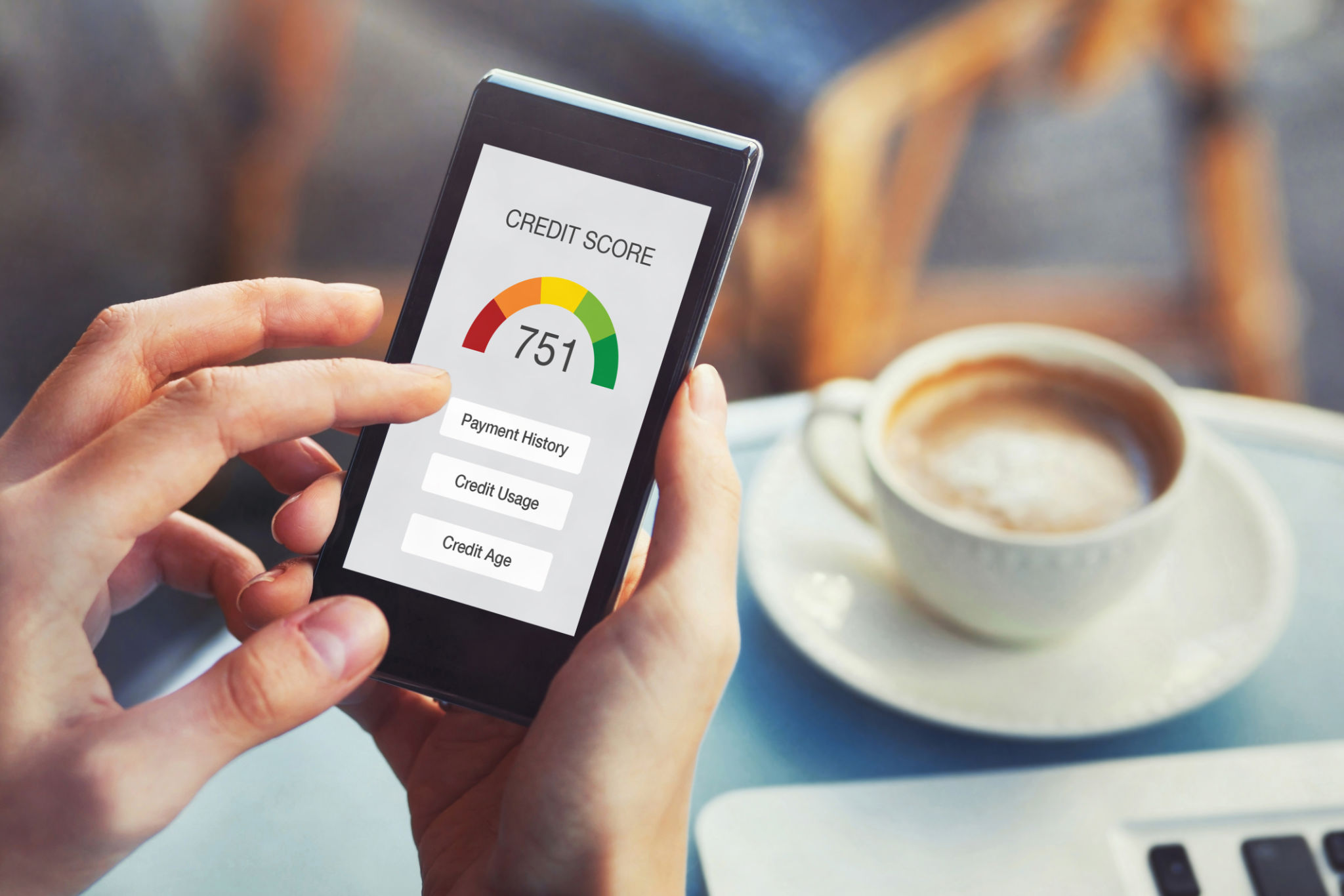How to Build Personal Credit for Entrepreneurs
Understanding the Importance of Personal Credit for Entrepreneurs
Building a strong personal credit score is crucial for entrepreneurs. It not only helps in securing loans and lines of credit but also impacts the terms and interest rates you might receive. A robust personal credit profile can make the difference between getting your business off the ground or stalling at the starting line.
For entrepreneurs, personal credit often serves as a proxy for business credit, especially in the early stages of a business. Lenders will look at your personal credit history to gauge your financial responsibility and ability to repay debts. Therefore, it is essential to understand how to build and maintain a healthy personal credit score.

Start with the Basics: Understanding Credit Reports
Your credit report is a detailed account of your credit history, including your borrowing and repayment activities. It is essential to regularly check your credit report for accuracy. You can request a free copy of your credit report from each of the three major credit bureaus—Equifax, Experian, and TransUnion—once a year.
Review your credit report for any inaccuracies or outdated information. If you find errors, dispute them immediately to prevent them from affecting your score. Understanding your credit report is the first step in building strong personal credit.
Pay Your Bills on Time
One of the most important factors in building personal credit is your payment history. Consistently paying your bills on time demonstrates to lenders that you are a reliable borrower. Late payments can significantly damage your credit score, so it's crucial to stay on top of all your financial obligations.

Manage Your Credit Utilization
Credit utilization refers to the amount of credit you are using compared to your total available credit. It's recommended to keep your credit utilization below 30% to maintain a healthy credit score. This means if you have a credit limit of $10,000, you should aim to keep your balance below $3,000.
To manage your credit utilization, consider paying off your balances in full each month or making multiple smaller payments throughout the month. This not only helps your credit score but also reduces the amount of interest you pay over time.
Build Credit with a Secured Credit Card
If you're new to credit or need to rebuild your credit, consider applying for a secured credit card. A secured credit card requires a cash deposit that serves as your credit limit. Using a secured credit card responsibly can help you build a positive credit history.

Make small purchases and pay off the balance in full each month to demonstrate responsible credit use. Over time, this can help you qualify for a traditional credit card with better terms.
Consider a Credit-Builder Loan
Credit-builder loans are designed specifically to help individuals build or improve their credit. These loans are typically small and require you to make regular payments over a set period. Once the loan is repaid, you receive the funds, and your payment history is reported to the credit bureaus.
By making on-time payments, you can gradually build a positive credit history and improve your credit score. This option is particularly beneficial for entrepreneurs who need to establish a reliable credit profile before seeking larger business loans.
Monitor Your Credit Regularly
Regularly monitoring your credit is crucial for maintaining a healthy credit score. Use credit monitoring services to receive alerts about changes to your credit report, such as new accounts or inquiries. Staying informed allows you to address any potential issues promptly.

Building personal credit takes time and discipline, but the benefits for entrepreneurs are substantial. By following these strategies, you can create a solid foundation for your personal credit, which in turn supports your business's financial health and growth potential.
